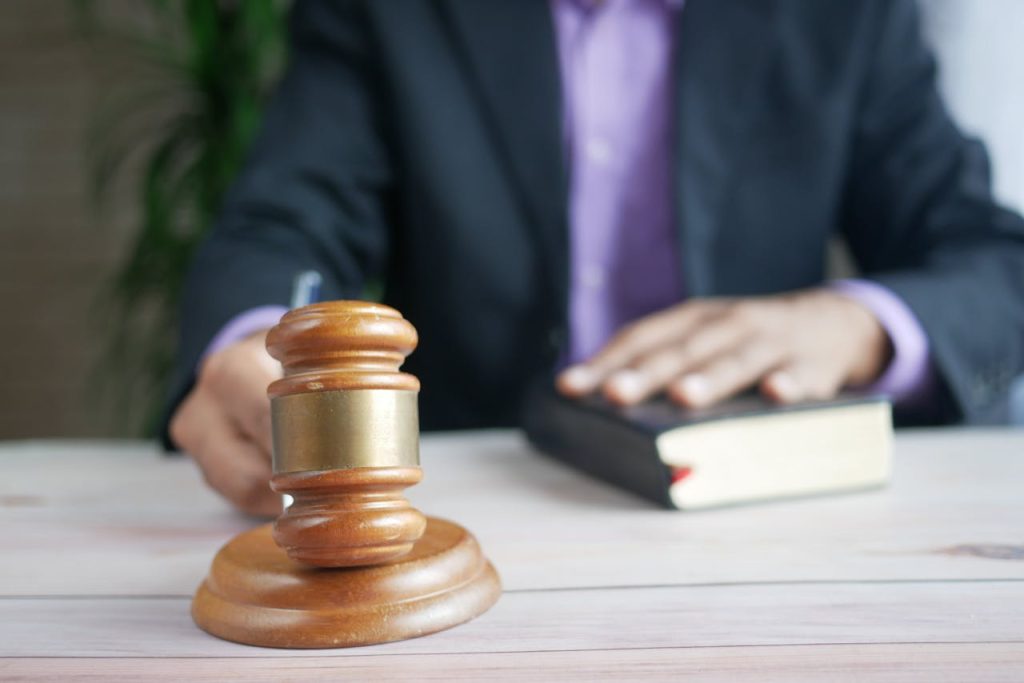In criminal trials, the stakes are incredibly high. Defendants risk losing their freedom, reputation, and future opportunities. Among all the evidence and testimonies, character witnesses can make a big difference. These witnesses give the jury a deeper look into the defendant's personality, morals, and behaviour, helping them see the whole person.
What is a Character Witness?
A character witness is an individual who testifies in court about the character, behaviour, and reputation of the defendant. Unlike other witnesses who provide factual accounts of events, character witnesses speak to the moral fibre and personal traits of the accused.
They are typically individuals who have known the defendant for a significant period and can vouch for their integrity and conduct. Common types of character witnesses include family members, friends, employers, and colleagues.
Importance of Character Witnesses
A character witness’s testimony provides the jury with a more complete understanding of the defendant as a person, often revealing traits and behaviours that are not evident through factual evidence alone.
Here are the key reasons why character witnesses are important:
- Humanizing the Defendant: Character witnesses help to portray the defendant as a person with a positive history and relationships, making it harder for the jury to view them solely as an accused individual.
- Influencing Jury Perception: Positive character testimonies can create a sense of doubt about the defendant's guilt, especially in cases where the evidence is not clear-cut.
- Reinforcing Credibility: A character witness who can speak to the defendant's honesty and integrity can enhance the credibility of the defendant's statements and overall defence.
- Providing Context: By sharing insights into the defendant's background and behaviour, character witnesses can provide context that helps explain actions or decisions that might otherwise seem incriminating.
- Mitigating Sentencing: In cases where the defendant is found guilty, character witnesses can be essential during the sentencing phase, potentially leading to more lenient sentences by highlighting the defendant's good character and contributions to society.
- Supporting the Defense Strategy: The strategic use of character witnesses can strengthen the overall defence by complementing other evidence and testimonies presented in court.
How Character Witness Testimony Works
The process of involving a character witness begins with the selection of individuals who can provide compelling and credible testimonies. Defence attorneys typically prepare these witnesses by guiding them on what to expect during examination and cross-examination.
During the trial, the character witness will be called to the stand to answer questions that highlight the defendant’s positive traits. This examination is often followed by a cross-examination from the prosecution, aiming to challenge the credibility and relevance of the testimony.
Preparing a Character Witness for Trial
Preparing a character witness for trial is needed to ensure their testimony effectively supports the defendant's case. Here’s how to prepare a character witness:
- Explain the Role: Start by explaining to the witness the importance of their testimony in providing the jury with a positive impression of the defendant's character.
- Review Testimony: Discuss with the witness what they will testify about—the defendant's good traits, behaviour, and reputation. Ensure they understand they should stick to facts and avoid speculation.
- Mock Examination: Conduct a mock examination where you ask potential questions the opposing counsel might ask. This helps them prepare for cross-examination and remain calm and composed.
- Clarify Legal Boundaries: Make sure the witness understands the legal boundaries of their testimony. They should not discuss specific incidents or opinions about the case's details beyond their personal knowledge.
- Discuss Courtroom Etiquette: Familiarize the witness with courtroom procedures and etiquette, such as addressing the judge and speaking clearly and confidently.
- Provide Support: Offer emotional support and reassure the witness about their role in supporting justice and truth.
Conclusion
Character witnesses play an important role in criminal trials, giving the jury a deeper understanding of the defendant beyond the evidence. Their testimonies can boost the defendant's credibility and influence the jury's opinion, making them a key part of the defence.
For example, for those facing criminal charges in Texas, get legal advice from a criminal defense attorney in San Angelo to handle the complexities of character witness testimonies. By using character witnesses wisely, defendants can better defend their integrity and fight for their freedom.





















